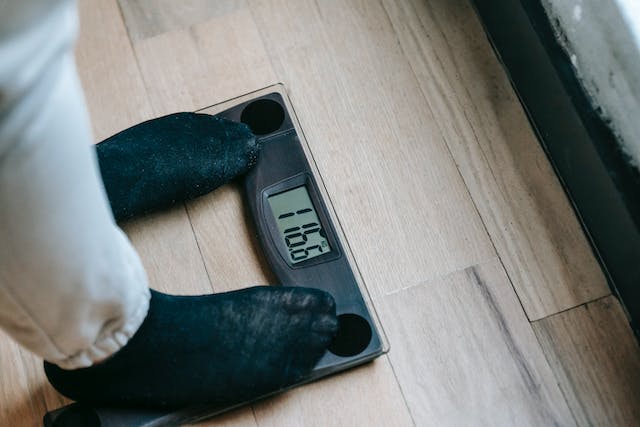If you’re on a journey to build muscle, understanding your calorie needs is crucial. Proper nutrition plays a significant role in supporting muscle growth and recovery. But how do you determine the right amount of calories to consume? In this blog post, we’ll guide you through the process of finding your calorie needs for effective muscle building. Let’s get started! Read More
1. Calculate Your Basal Metabolic Rate (BMR)
Your basal metabolic rate (BMR) is the number of calories your body needs to perform basic functions at rest. There are several formulas available to estimate your BMR, such as the Harris-Benedict equation or the Mifflin-St Jeor equation. These formulas take into account your gender, age, weight, and height. Online BMR calculators can simplify this process for you.
2. Consider Your Activity Level
In addition to your BMR, you need to factor in your activity level. Are you sedentary, moderately active, or highly active? This will help determine the number of calories you burn through physical activity. Keep in mind that resistance training for muscle building will increase your overall energy expenditure.
3. Determine Your Calorie Surplus
To build muscle, you need to consume more calories than your body burns. This is known as a calorie surplus. Aiming for a surplus of 250-500 calories per day is generally recommended. This surplus provides the energy your body needs to support muscle growth while minimizing the risk of excessive fat gain.
4. Focus on Macronutrient Distribution
While total calories are important, the distribution of macronutrients (protein, carbohydrates, and fats) is equally crucial for muscle building. Protein is essential for muscle repair and growth, so ensure you’re consuming an adequate amount. Aim for 1.2-2 grams of protein per kilogram of body weight. Carbohydrates provide energy for workouts, and healthy fats support hormone production and overall health.
5. Monitor Your Progress and Adjust as Needed
Everyone’s body is unique, so it’s important to monitor your progress closely. If you’re not seeing the desired muscle growth, you may need to adjust your calorie intake. Gradually increase or decrease your calories by 100-200 per day until you find the right balance for your goals.
Conclusion
Determining your calorie needs for muscle building is a personalized process that requires careful consideration of your BMR, activity level, and macronutrient distribution. It’s essential to find the right balance between consuming enough calories to support muscle growth and avoiding excessive fat gain. Remember, consistency is key. Monitor your progress, listen to your body, and make adjustments as needed. Combined with a structured resistance training program, proper nutrition will help you achieve your muscle-building goals. [/read}


